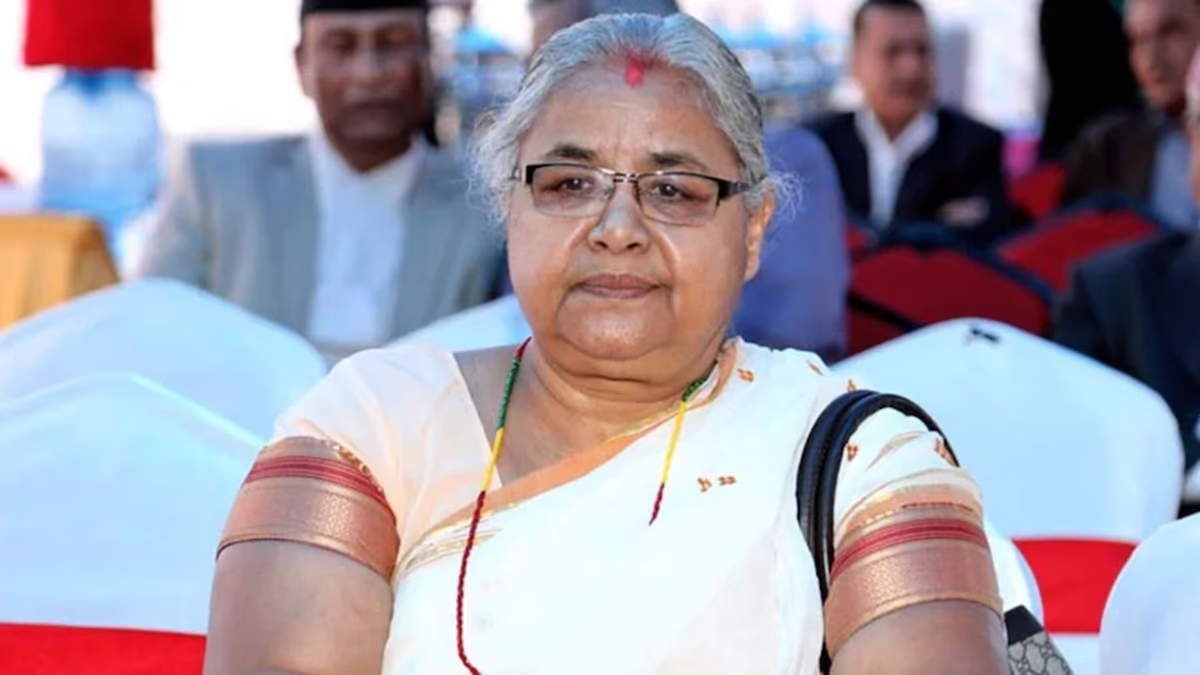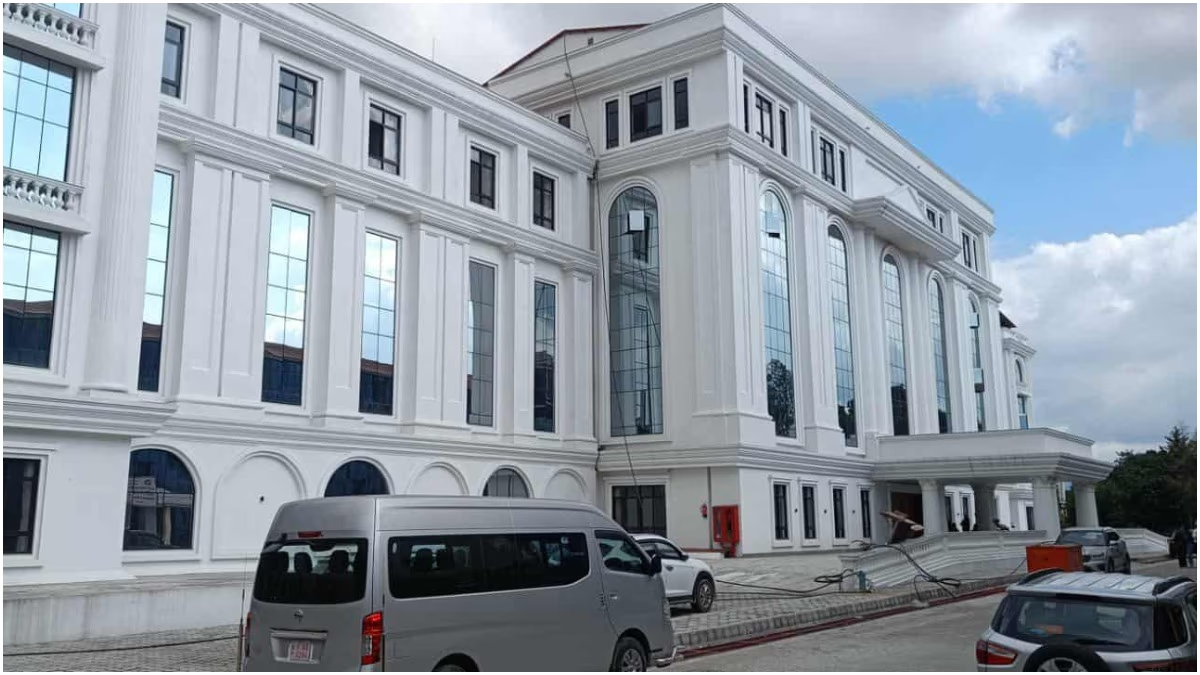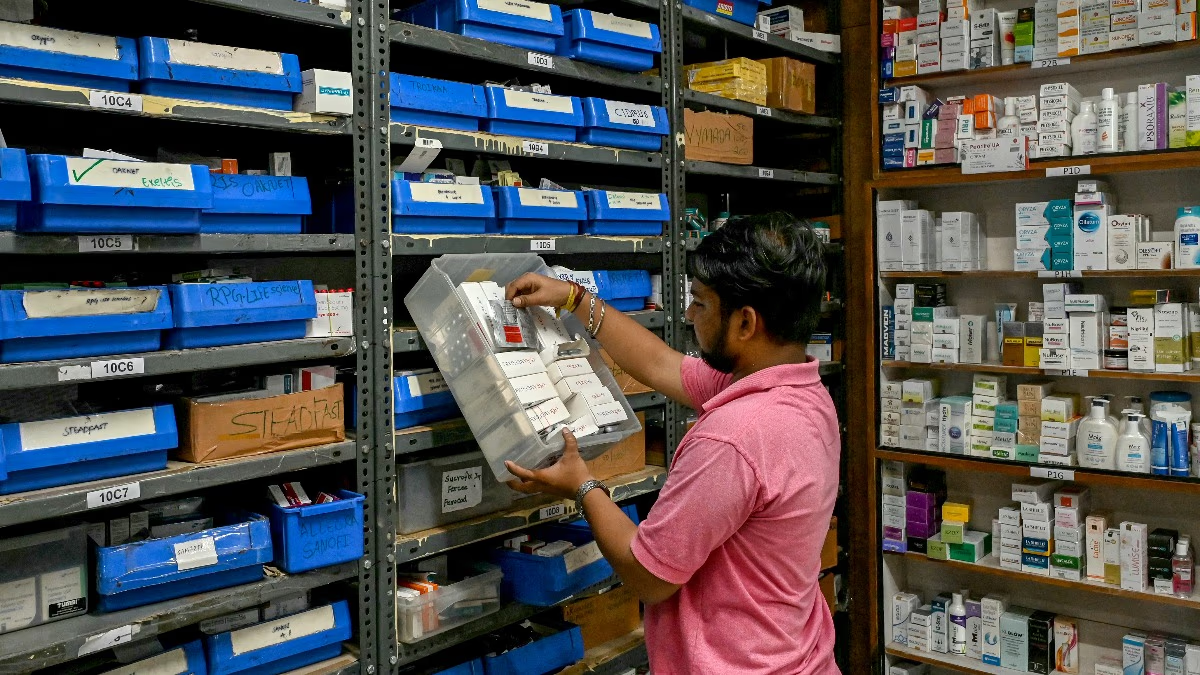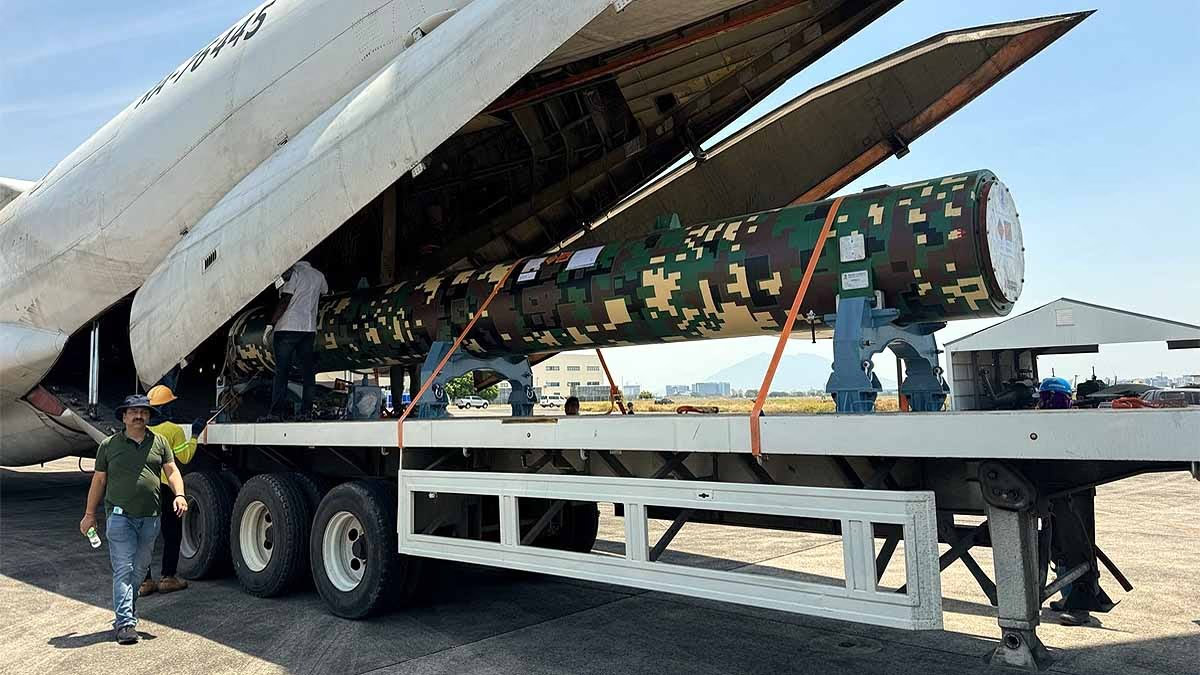On Friday, Sushila Karki made history as she was sworn in as Nepal's first female Prime Minister, leading an interim government. This development marks a temporary end to the political uncertainty sparked by Prime Minister KP Sharma Oli’s abrupt resignation amid widespread protests earlier this week.
At the swearing-in ceremony, President Ramchandra Paudel encouraged Sushila Karki to 'save the nation' and wished her success. In response, Karki simply expressed her gratitude.
Nepal's swearing-in ceremony for Karki faced a boycott from the chairpersons and parliamentarians of both houses. Despite being invited, Speaker Devraj Ghimire from the House of Representatives and Chairperson Narayan Dahal from the National Assembly were notably absent, aligning with protests from lawmakers opposing the parliamentary dissolution.
President Paudel officiated the ceremony at the presidential office for 73-year-old Karki. The event was attended by the President, the newly appointed Prime Minister, Vice President Ram Sahay Yadav, and Chief Justice Prakash Man Singh Rawat.
Paudel announced the temporary government’s mandate to hold new parliamentary elections within six months.
This decision to appoint Karki followed discussions among President Paudel, Nepal's leading military figures, and young protest leaders, resulting in broad agreement for her leadership.
The consensus reached among President Paudel, the Chief of Nepal's Army, and representatives from the Gen-Z protesters was crucial in entrusting Karki with interim leadership.
Sources indicate Karki is expected to form a small cabinet immediately post-inauguration. In the first cabinet meeting, she may propose the dissolution of parliament per agreements among key stakeholders.
Before appointing Karki as interim Prime Minister, President Paudel consulted with leaders from all major political parties, legal experts, and civil society leaders.
KP Sharma Oli resigned on Tuesday following youth-led violent protests.
The Gen-Z protesters’ demands included curbing corruption, ending political disorder and nepotism, and lifting bans on social media. Noteworthy is the lifting of the social media ban on Monday night. These protests resulted in at least 51 fatalities, including an Indian national.




